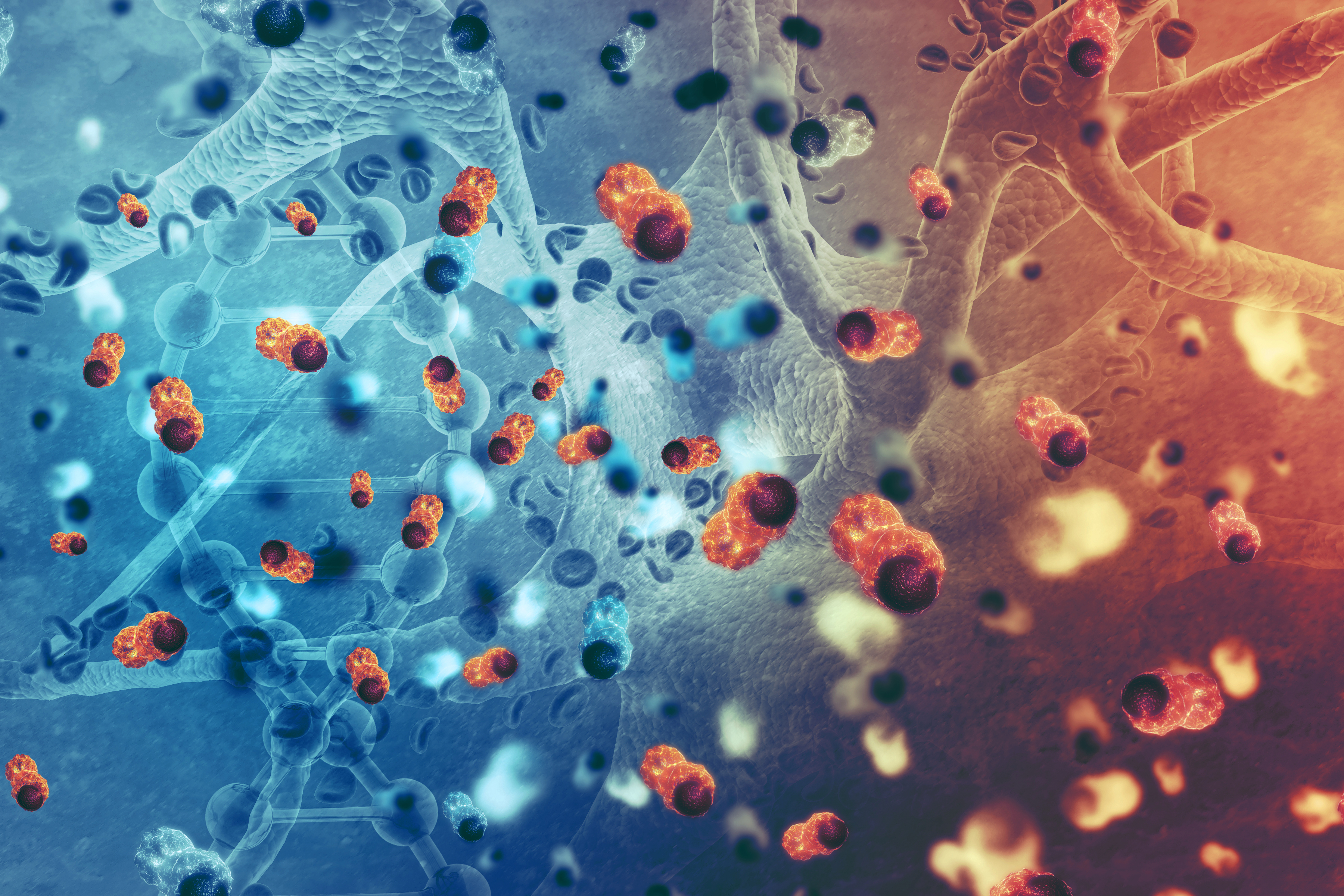
A LEADING scientist who co-authored a report on the link between cancer and processed meats such as bacon and ham has criticised the UK Government for failing to act on its findings.
The response of UK and EU politicians since the World Health Organisation study was published four years ago has been “unsatisfactory” and a “dereliction of duty”, claims Professor Denis Corpet.
In a letter to Health Secretary Matt Hancock and the EU Commissioner for Health and Food Safety, he urged officials to act to remove chemicals called nitrites from processed meat.
Research suggests adding nitrites results in the production of carcinogenic nitrosamines which are believed to be responsible for causing bowel cancer, said Professor Corpet.
The 2015 WHO report classed processed meats as a group one carcinogen, which could cause an additional 34,000 worldwide cancer deaths each year.
The Food Standards Agency said nitrites were used as preservatives in certain meat products and legislation ensures they are kept at their lowest possible level.
“The failure of governments globally to engage on this public health scandal is nothing less than a dereliction of duty,” said Professor Corpet.
“This is both in regards to the number of cancer cases that could be avoided by ridding nitrites from processed meats – and in the potential to reduce the strain on increasingly stretched and underfunded public health services.”

Enjoy the convenience of having The Sunday Post delivered as a digital ePaper straight to your smartphone, tablet or computer.
Subscribe for only £5.49 a month and enjoy all the benefits of the printed paper as a digital replica.
Subscribe